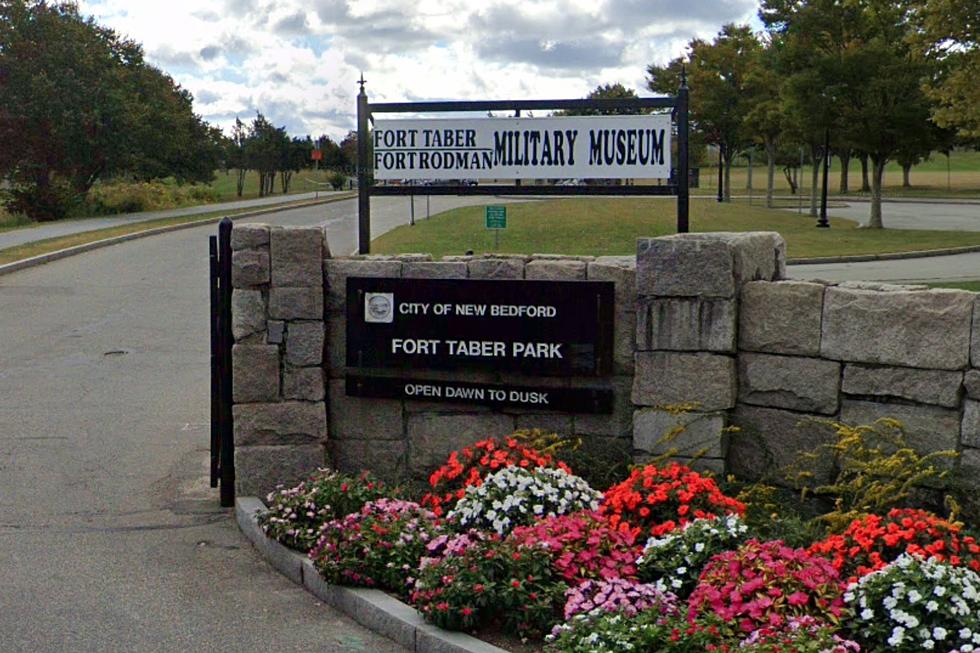Following the official announcement of the Dr. Jibreel Khazan Park in New Bedford, a small group of us were talking about honoring great contributors to society that are from New Bedford, while they were still alive and while they could appreciate the accolades showered upon them by the community where they reside.
The way it mostly is today, it's not until after a person dies that buildings and roads are named after them.
As you probably know, conversations have a weird progression of their own. Someone mentioned Frederick Douglass, one of the most famous champions of freedom and a one-time local resident, sending out a warning not to make the public aware of the astounding and successful escape to freedom by Henry "Box" Brown.

The unthinkable story of Brown is about an enslaved man who shipped himself to freedom in a wooden box. Imagine, shipping yourself in a wooden box lined with course wool, that measured three feet long by two-feet-eight-inches deep by two feet wide. Picture yourself scrunched and folded with your spine on the bottom and your body pleated with your chin on your chest. Your legs are bent making your knees hug your shoulders. Four small holes are made for air and a very small container of water and a few biscuits are tied around your neck.
The top is nailed shut and tied with straps. In large letters is written "This Side Up With Care" on the box, along with the address to which it was going. Your journey from Richmond to Philadelphia is about to begin with a variety of wagons, railroads, steamboats, ferries and finally, as you arrive, a delivery wagon.

Amazingly, that's just a smattering of what Henry "Box" Brown had to endure for the 27-hour journey, with the box constantly turned upside down and handled very roughly. At one point, Brown thought he was going to die in there because he felt his eyes swelling, feeling like they were going to burst out of their sockets and the veins on his temple badly bulging, according to historical sources.
I'm not doing this narrative justice, because what I consider to be one of the greatest escapes to freedom has so much more captivating and compelling information.
Abolitionists had two opposing views on mailing oneself to freedom. Frederick Douglass was uncompromising that Henry Brown's successful escape from the bondage of slavery should not be made public, as others could also use this same method. Those who disagreed with Douglass thought that the publicity would actually help the movement and that the idea was too good to keep from a growing number of the public who opposed slavery.
Who do you side with?
How did Brown ever think up the innovation? He credits his Higher Power for instilling the idea and the story itself becoming a symbol of the Underground Railroad freedom movement of which New Bedford proudly was a part.
New Bedford Park Renamed for Civil Rights Hero
LOOK: 50 essential civil rights speeches
More From WBSM-AM/AM 1420










